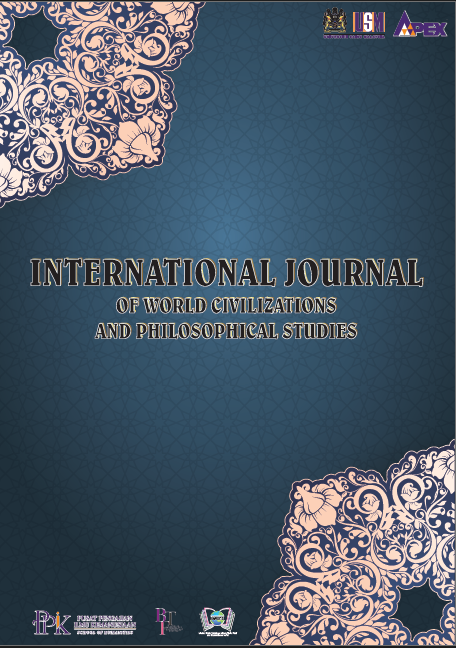Integration of Races and Ethnicities from the Islamic Perspectives
Main Article Content
Abstract
Integration involves adapting to diverse cultures in a way that all ethnic groups accept. Malaysia focuses on building a national identity among communities with different cultural, religious, and social backgrounds. This process is supported through various efforts, including politics, education, and social development. From an Islamic viewpoint, integration goes beyond Muslim circles and emphasizes harmonious relations with non-Muslims. Islam promotes tolerance, mutual respect, and cooperation, as highlighted in Surah al-Hujurat, verse 13. Successful integration requires collective effort and strong commitment from all groups. This article explores Islamic teachings on integration, based on the Quran, Hadith, and scholars' insights. It identifies key principles such as piety, adherence to Islamic teachings, and the goal of earning Allah’s pleasure. Integration is vital for strengthening the ummah, promoting unity, and following the Prophet Muhammad’s (PBUH) example. The article also warns of the dangers of ignoring integration, which include damaging Islam’s image, losing Allah’s mercy, and facing divine displeasure. Finally, it outlines practical steps to strengthen unity, such as fostering mutual understanding, creating a positive environment, avoiding conflict, and appreciating the value of unity.
Article Details

This work is licensed under a Creative Commons Attribution 4.0 International License.

